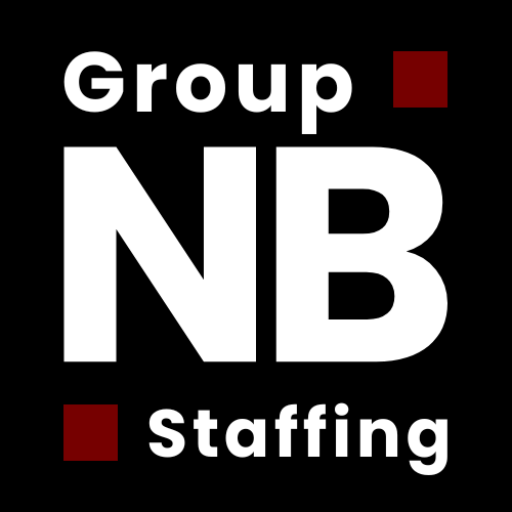Provided that all parties (the principal applicant and their spouses, common law partners, children or other family members) fill out the appropriate immigration applications and meet the necessary requirements for the spousal sponsorship Canada requirements, the Canadian government seeks to keep families together whenever possible. In keeping with this principle, family sponsorship can also help your parents, grandparents and other close family members become permanent residents or citizens.
For spousal and family sponsorship, both the sponsor and the sponsored person must be approved by the government department responsible for the Family Sponsorship program, which is the Immigration, Refugees and Citizenship Canada (IRCC). Processing times vary depending on a number of factors, but this approach has worked for countless families, and it could help yours lay the foundation for a new life in Canada.
Qualifying for Spousal Sponsorship in Canada
For spousal or family sponsorship, the IRCC requires that the sponsored person be either a spouse, common-law partner or dependent child.
Definition of Spouse, Common-Law Partner and Conjugal Partner
A spouse is someone to whom you are legally married.
A common-law partner is someone to whom you are not legally married but have lived together continuously for at least one year (12 consecutive months). Brief separations during the year are acceptable for family or business reasons.
A conjugal partner is someone with whom you have a mutually dependent relationship for at least one year, and you have the same level of commitment as a marriage or common-law union.
NOTE: Canada recognizes same-sex marriage. For this reason, same-sex partners may apply for the Spousal Sponsorship program under the three categories listed above, as long as they meet the necessary spouse or common-law partner eligibility requirements.
You can learn more about eligibility requirements here, or you can contact us to find out more about sponsoring a spouse into Canada.
Definition of a Dependent Child
There are two categories of what a dependent child is:
- The child is under 22 years old and has no spouse or common-law partner.
- The child is over 22 years old, has depended on their parents for support since before the age of 22, and are unable to financially support themselves because of a mental or physical condition.
If you need more clarity on whether or not your children qualify, you can use this online tool to check.
Qualification Requirements for Family and Spousal Sponsorship
With family or spousal sponsorship, the IRCC requires that all sponsors be:
- At least 18 years old
- Either a Canadian citizen, permanent resident living in Canada, or person registered in Canada as an Indian under the Canadian Indian Act
- Able to provide for the basic needs of any person you want to sponsor for a period of time.
Basic needs are defined as:
- Food, clothing, shelter, and other needs for everyday living
- Dental care, eye care, and other health needs that are not covered by Canada’s public health services
Qualifying for sponsorship requires that you promise to take financial responsibility for the persons you are sponsoring and provide for their basic needs, through an agreement known as an undertaking.
The length of the undertaking starts on the day the person you sponsor becomes a permanent resident, and it varies depending on the category of person you are sponsoring. For a spouse, common-law partner or conjugal partner this period is 3 years, for dependent children under the age of 22 this period is 10 years (or until they reach the age of 25, whichever comes first), and 3 years for dependent children 22 years of age and older.



